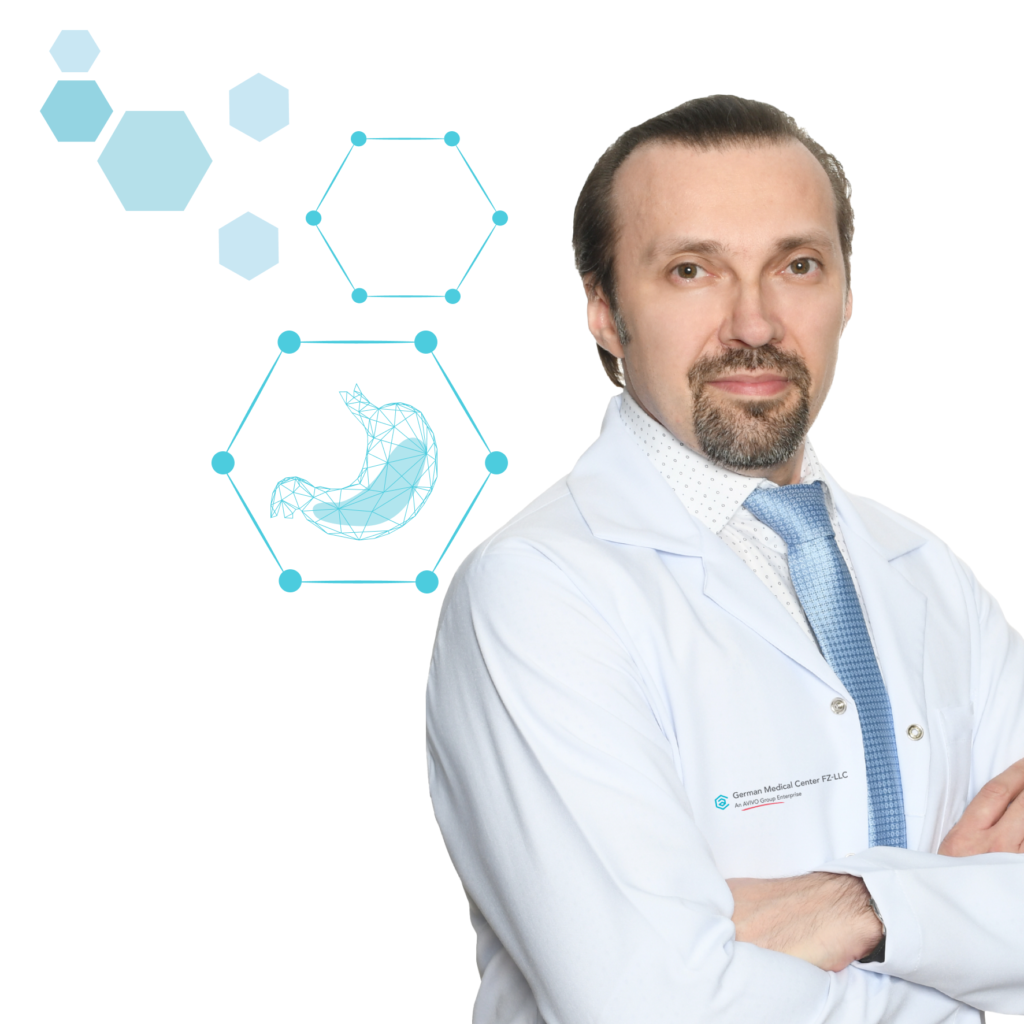
Dr. Sebastian Cuzincu
Gastroenterology and Internal Medicine
Diverticulitis is caused by the formation of small, bulging pouches (diverticula) in the lining of the colon.
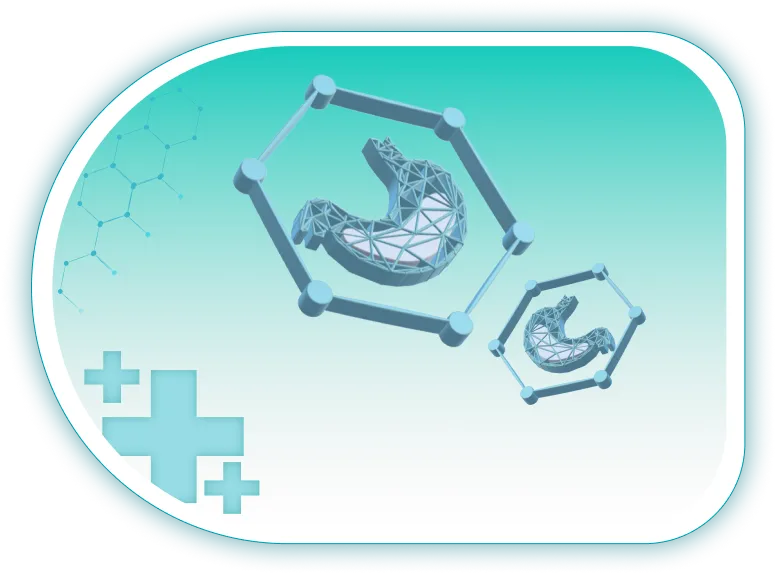
Diverticulitis of Colon: Understanding and Treatment
Diverticulitis of the colon is a common condition that occurs when small pouches, known as diverticula, form in the lining of the colon and become infected or inflamed. This can cause severe abdominal pain, cramping, bloating, and changes in bowel habits. If you or someone you know is experiencing these symptoms, it is important to seek medical attention immediately.
At the German Medical Center, we specialize in the diagnosis and treatment of intestinal diseases, including diverticulitis. Our team of experienced gastroenterologists, surgeons, and nutritionists work together to provide comprehensive care and personalized treatment plans for each patient.
The main goal of diverticulitis treatment is to reduce inflammation, infection, and prevent future flare-ups. Mild cases of diverticulitis can often be treated with rest, a clear liquid diet, and antibiotics. However, if symptoms are severe or if there are complications such as abscesses or perforations, surgery may be necessary.
At the German Medical Center, we offer a range of surgical options for diverticulitis, including minimally invasive laparoscopic surgery. Our team of skilled surgeons uses advanced technology to perform procedures with smaller incisions, resulting in less pain, scarring, and a faster recovery time.
If you have been diagnosed with diverticulitis, our nutritionists can help you develop a diet plan that meets your unique needs and promotes healing. Regular exercise, stress reduction, and avoiding smoking and excessive alcohol consumption can also help manage symptoms and prevent future flare-ups.
If you or a loved one is experiencing symptoms of diverticulitis of the colon, contact the German Medical Center today. Our experienced team of medical professionals will work with you to provide the care and treatment you need to achieve optimal health and wellness.
Our team of experts are passionate about providing only the best quality care and treatment to their patients.

Gastroenterology and Internal Medicine
A cutting-edge medical technique that plays a crucial role in diagnosing and treating disorders of the bile ducts, pancreas, and gallbladder....
Liver Elastography – an advanced medical imaging technique designed to assess the health of your liver with precision and non-invasiveness....
Abdominal pain can be a symptom of a wide range of medical conditions and can manifest in different ways depending on the...
Colorectal cancer (CRC) is a type of cancer that affects the colon or rectum. It can develop from small growths called polyps in...
Stomach cancer, also known as gastric cancer, can cause a range of symptoms. However, it's important to note that not everyone...
Liver cancer is a serious and potentially life-threatening condition that requires prompt diagnosis and treatment....
Colon polyps are usually detected during a routine colonoscopy. During the procedure, a long, flexible tube with a camera on the...
Pancreatic cancer often does not cause symptoms in its early stages....
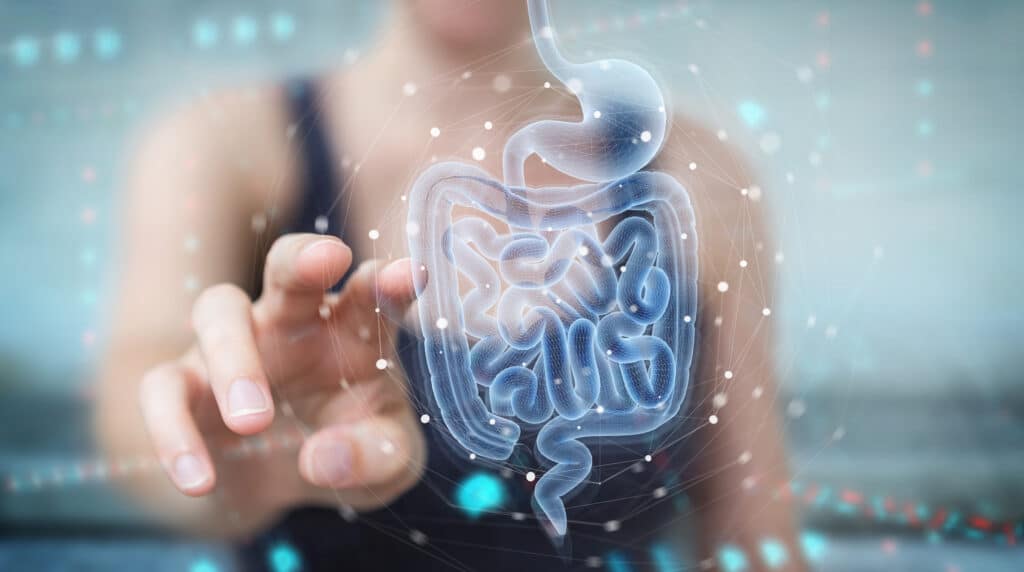
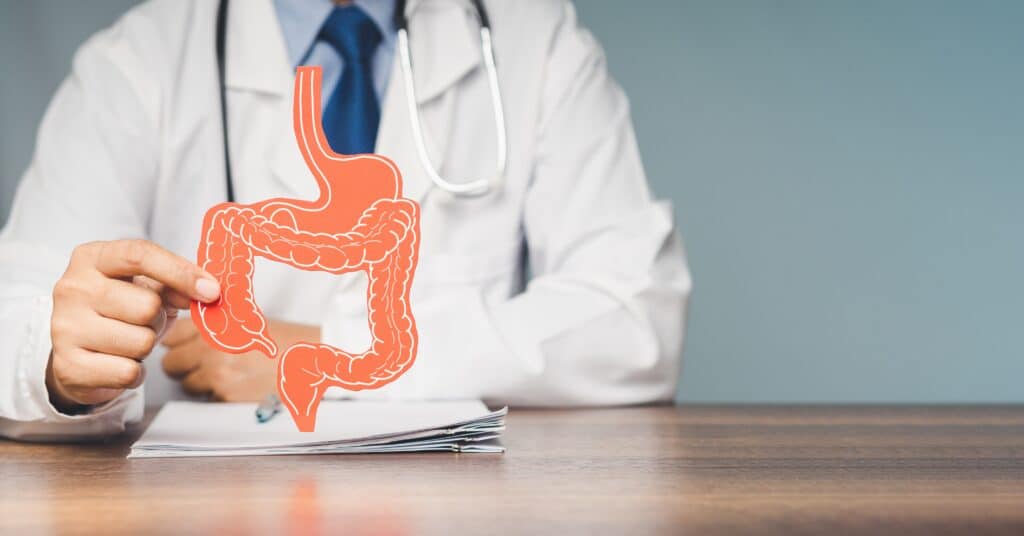

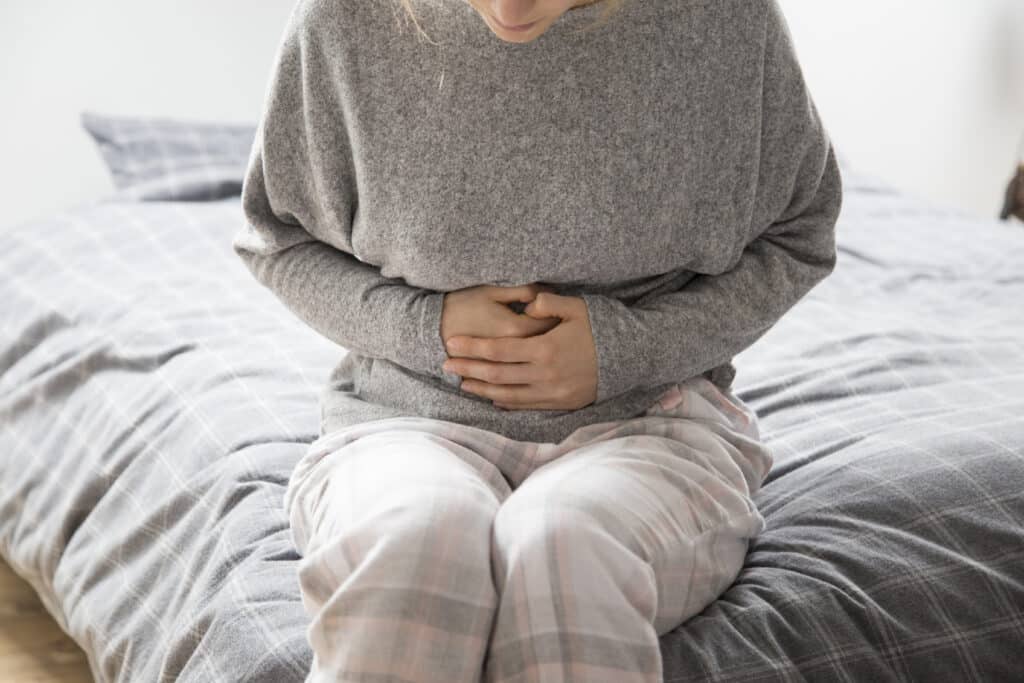
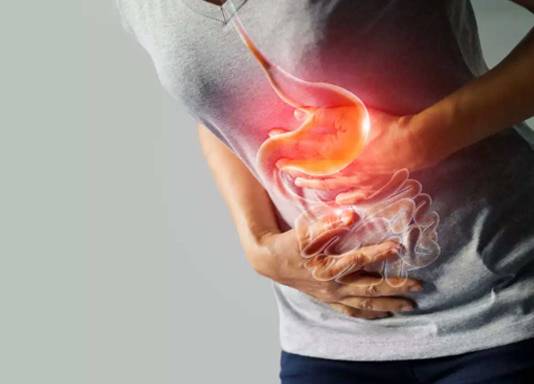

Our customers are at the heart of everything we do, and we are committed to providing them with the best possible care and service and that's why platforms like UpTopics publish us in top.


(4.5)
Based on 174 Google Reviews

Partner with:
Partner with:


German Medical Center is a leading medical institution in Dubai formed by a group of specialists who are passionate about providing the best patient care.
Fill out our easy online form to book an appointment with German Medical Center. Our team of experts is dedicated to providing you with personalized care and guidance every step of the way. Don't wait, take charge of your well-being and schedule your appointment now!